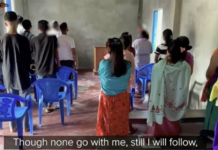
HOUSTON, TX (ANS) — Several years ago I worked with an organization that had every staff member sign a “Covenant of Harmony.” The idea was having everyone abide by biblical principles of resolving conflict and promoting harmony, cooperation and unity within the organization. There are many principles and instructions given in Scripture for experiencing unity. Yet, there are so few real examples of true biblical unity in churches, ministry and mission organizations.
The Key to Unity
From what we learn about the life, the teachings and Spirit of Jesus, we know that oneness and unity in the Body of Christ is very important. The 17th chapter of the Gospel of John makes that abundantly clear. However, in a practical way, how do we achieve unity? How can the Church (the Body of Christ) be unified when there is so much diversity and division among the various streams and traditions of the Church? How can there be unity and cooperation among associations and networks of churches? We can have confidence that all of Jesus’ prayers will be answered.
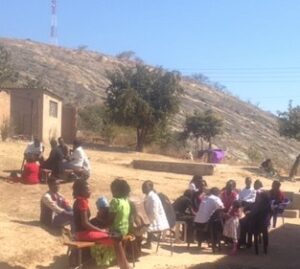
Resolving Conflict
Perhaps an even more important question would be “How can any group, community, organization, or even a family have unity?” Well, it seems that effective communication and trusting relationships would be the most basic building blocks to oneness and unity, anywhere with any group of people. Obviously, from a biblical perspective, the Spirit of reconciliation (which is the Spirit of Jesus) is the basis of resolving conflict and division, leading to genuine unity.
Removing Barriers
Pastors in East Africa discovered that they had more in common, than the things that divided them. What was the key to this important discovery? It was their participation in an Orality Training Workshop sponsored by Living Water International. Not only are pastors discovering how telling stories and asking questions and engaging in Orality Training experiences can help resolve conflict, remove barriers and build bridges. Individual members of local congregations and communities are experiencing greater unity and connectedness through participating in Orality Training events.
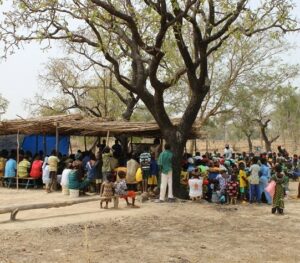
Sharing Life Together
An older, very traditional, church in Texas hosted an Orality Training Workshop with about 30, mostly senior members. It was an amazing experience to see the barriers come down and more intimate relationships grow throughout the day. By the middle of the afternoon, as participants shared their experiences and spiritual journeys, there were many tears of joy as they discovered how much they didn’t know about their friends that they had attended church services with over the years.
Intimacy in Relationships
They shared about how they had endured many storms of life, about their experience of the new birth, how they had encountered the Living Water of Jesus, and many others. Prior to that day, they had never shared on that level of intimacy. The stories in the training set the stage for new and better relationships.
Harmony in Families
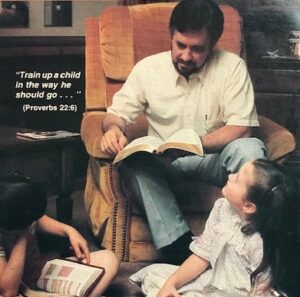
Families have reported how the concepts and practices of Orality (telling Bible stories and discussing life experiences} have been effective with family devotions. Simply discussing the stories during family mealtimes can often be more effective with children, than the more traditional (print-based) devotional materials. When children learn stories, they tend to tell the stories.
A Pastor’s Experience
One pastor in a Central American country caught the vision for using Orality strategies in his church, and as a result, began to experience more growth, as well as enhancing church planting efforts. Another pastor recognized how the principles and practices of Orality would enable him to better equip, train and mobilize storytelling evangelists at every level of education, and among all gender and generational categories.
Power of Simplicity
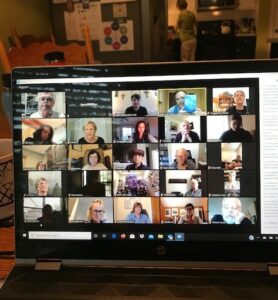
In the rapidly reproducing disciple making movements, primarily in the Global South, we are discovering the simple teachings of Jesus and the examples we observe from the Early Church are often overlooked in the modern Western World. These lessons are foundational to the organic, simple, house church movements and can be integrated into the institutional and traditional church as well. One of the great needs in the Body of Christ is a return to the most basic principles of knowing and sharing the reproducing life of the Lord Jesus.
For more information, visit: www.water.cc or www.orality.net



